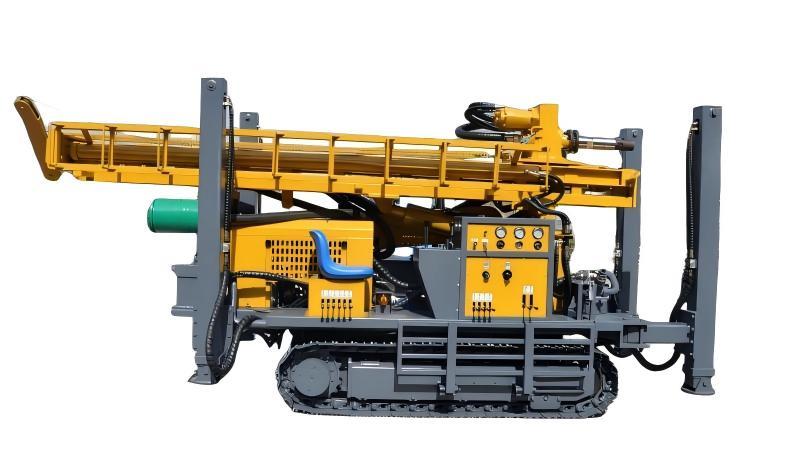Exploring Borehole Drilling Equipment: A Comprehensive Overview
Oct 10,2025

Borehole drilling equipment plays a vital role in various industries, particularly in construction and geological exploration. This specialized machinery is designed to create deep holes in the ground, which can be used for a multitude of purposes, including water extraction, mineral exploration, and environmental assessments. Understanding the intricacies of borehole drilling equipment can significantly impact project outcomes and operational efficiency.
The primary types of borehole drilling equipment include rotary drills, cable tool rigs, and air rotary systems. Each type has its own set of advantages and is suitable for specific drilling conditions. Rotary drills, for example, are commonly used for their speed and efficiency, making them ideal for large-scale projects. Cable tool rigs, on the other hand, are more traditional and are often employed in smaller, more localized drilling operations, particularly where water wells are concerned. Air rotary systems utilize compressed air to provide a high-speed drilling solution, making them effective in soft to medium hard formations.
In addition to understanding the types of equipment, it is also essential to consider the applications of borehole drilling. Water well drilling is perhaps the most common application, supplying clean water for residential and agricultural uses. Furthermore, borehole drilling is crucial in mining operations, where it is used for exploration and resource extraction. Environmental monitoring is another significant application, as boreholes can facilitate the collection of soil and groundwater samples, essential for assessing contamination and performing remediation work.
When selecting borehole drilling equipment, professionals must evaluate several factors, including soil type, depth requirements, and environmental considerations. The right choice of equipment can prevent costly delays and enhance project safety. Additionally, the efficiency of the drilling process can be influenced by technological advancements, such as automated systems and real-time monitoring, which can optimize drilling performance and minimize risks.
In conclusion, borehole drilling equipment is an indispensable tool in the engineering and construction sectors, with a wide range of applications from water supply to mineral exploration. By familiarizing oneself with the types and functions of these machines, industry professionals can ensure they are well-equipped to tackle their drilling projects efficiently and effectively. Understanding borehole drilling equipment is not just about the machinery itself, but also about its implications for project success and environmental responsibility. Investing time in understanding these tools can lead to enhanced operational outcomes and better project management in the long run.
The primary types of borehole drilling equipment include rotary drills, cable tool rigs, and air rotary systems. Each type has its own set of advantages and is suitable for specific drilling conditions. Rotary drills, for example, are commonly used for their speed and efficiency, making them ideal for large-scale projects. Cable tool rigs, on the other hand, are more traditional and are often employed in smaller, more localized drilling operations, particularly where water wells are concerned. Air rotary systems utilize compressed air to provide a high-speed drilling solution, making them effective in soft to medium hard formations.
In addition to understanding the types of equipment, it is also essential to consider the applications of borehole drilling. Water well drilling is perhaps the most common application, supplying clean water for residential and agricultural uses. Furthermore, borehole drilling is crucial in mining operations, where it is used for exploration and resource extraction. Environmental monitoring is another significant application, as boreholes can facilitate the collection of soil and groundwater samples, essential for assessing contamination and performing remediation work.
When selecting borehole drilling equipment, professionals must evaluate several factors, including soil type, depth requirements, and environmental considerations. The right choice of equipment can prevent costly delays and enhance project safety. Additionally, the efficiency of the drilling process can be influenced by technological advancements, such as automated systems and real-time monitoring, which can optimize drilling performance and minimize risks.
In conclusion, borehole drilling equipment is an indispensable tool in the engineering and construction sectors, with a wide range of applications from water supply to mineral exploration. By familiarizing oneself with the types and functions of these machines, industry professionals can ensure they are well-equipped to tackle their drilling projects efficiently and effectively. Understanding borehole drilling equipment is not just about the machinery itself, but also about its implications for project success and environmental responsibility. Investing time in understanding these tools can lead to enhanced operational outcomes and better project management in the long run.








